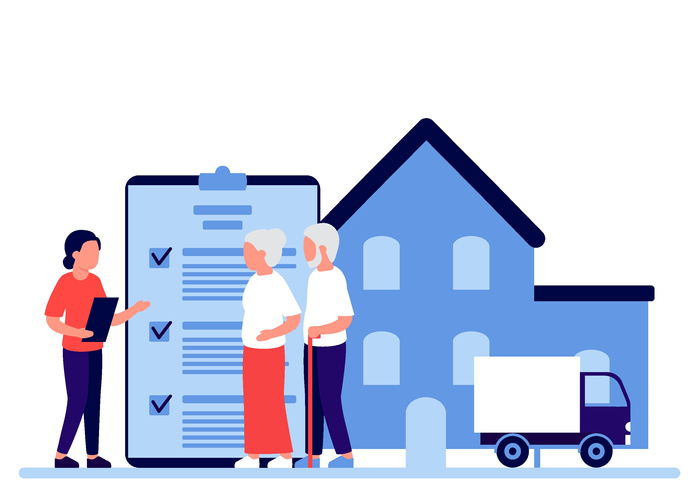
January 31st, 2022
Living independently can be less expensive than moving into an assisted living or other form of senior community, especially if you’re independent and healthy. And more seniors are choosing to stay in their homes for as long as possible, according to a Harvard University study.
But it’s also become costlier to make the changes you may need to stay put — wheelchair ramps, a stairlift, or wider doorways, among them. You might need a home health aide or housekeeper, which in Michigan cost an average of $150 per day in 2020. You might have to pay for lawn and snow removal service.
The price of living independently isn’t always cheaper.
But there are other factors beyond health that might drive a decision to move into a senior community such as an assisted living facility. Boosting your social life is one, and with a continuing shortage of home health aides statewide and nationally, you may feel more secure in a group setting.
Read on to learn about traditional housing options open to seniors:
Government subsidies for housing are available for those with a low income. Section 8 housing vouchers are available through the federal government for those who meet financial eligibility requirements. If you need care services, you may qualify for Medicaid’s MI Choice Program. It can cover long-term care for people who need nursing home-level care and want to stay in a community setting like one’s own home or apartment. Keep in mind that there are usually waitlists for subsidized services and residences.
Those receiving housing assistance are more likely to have ramps, no-step entries, grab bars, and medical emergency call systems than those of similar incomes living in unsubsidized units.
You can contact our Information & Assistance Resource Center ((800) 852-7795 or your local housing bureau for subsidized housing in your area. You can look in our online Resource Finder for housing assistance resources.
Independent living communities are designed for seniors who are generally healthy and able to care for themselves. In most cases, residents can communicate with doctors and caregivers by themselves, prefer to live among their peers and no longer want to maintain a house.
Independent living options range from villas to one- and two-bedroom apartment homes to smaller, studio apartments. Some independent living communities offer the following amenities (some may be at an additional cost):
Some independent living communities have an onsite home health care company that will charge for their services.
Assisted living communities are designed for people who do not require daily skilled medical care but may need help with activities such as bathing, medication management, dressing, personal care, cooking, eating and housekeeping. Many communities offer a variety of assisted living apartment floor plans –private or shared rooms or studio apartments.
Some assisted living facilities are licensed by the State of Michigan as either adult foster care group home or a home for the aged home. These facilities are required to provide certain services, along with supervision.
While some assisted living buildings have dedicated memory care units, most memory care units are part of a nursing home.
People with progressive dementia such as Alzheimer’s and Parkinson’s disease will eventually require round-the-clock supervision. They will need help with personal care and medication management and monitoring to ensure they don’t wander away.
Other services typically offered in these specialized units include:
Continuing care retirement communities (CCRCs) provide a spectrum of care in one location – from independent living and assisted living options to skilled nursing and memory care.
CCRCs are what they sound like: a senior moves to the continuing care community when they are still able to live independently. If additional services are required, the person can easily move within the same community to receive a different level of care. Because of the range of living options under one “roof,” continuing care residents remain part of a single community, often among longtime friends, as they age and require additional levels of care.
Some communities may also offer enhanced levels of care, such as rehabilitation services and memory care or dementia care services.
However, the cost of a CCRC is high—an entrance fee of $10,000 up to $500,000—and monthly maintenance fees that can range from $200 to more than $2,000.
AgeWays serves six counties in southeast Michigan (Livingston, Macomb, Monroe, Oakland, St. Clair and Washtenaw). Our Information & Assistance Resource Center can help you find housing resources in your community. You can reach them at (800) 852-7795. You can also search for housing assistance resources using our online Resource Finder.